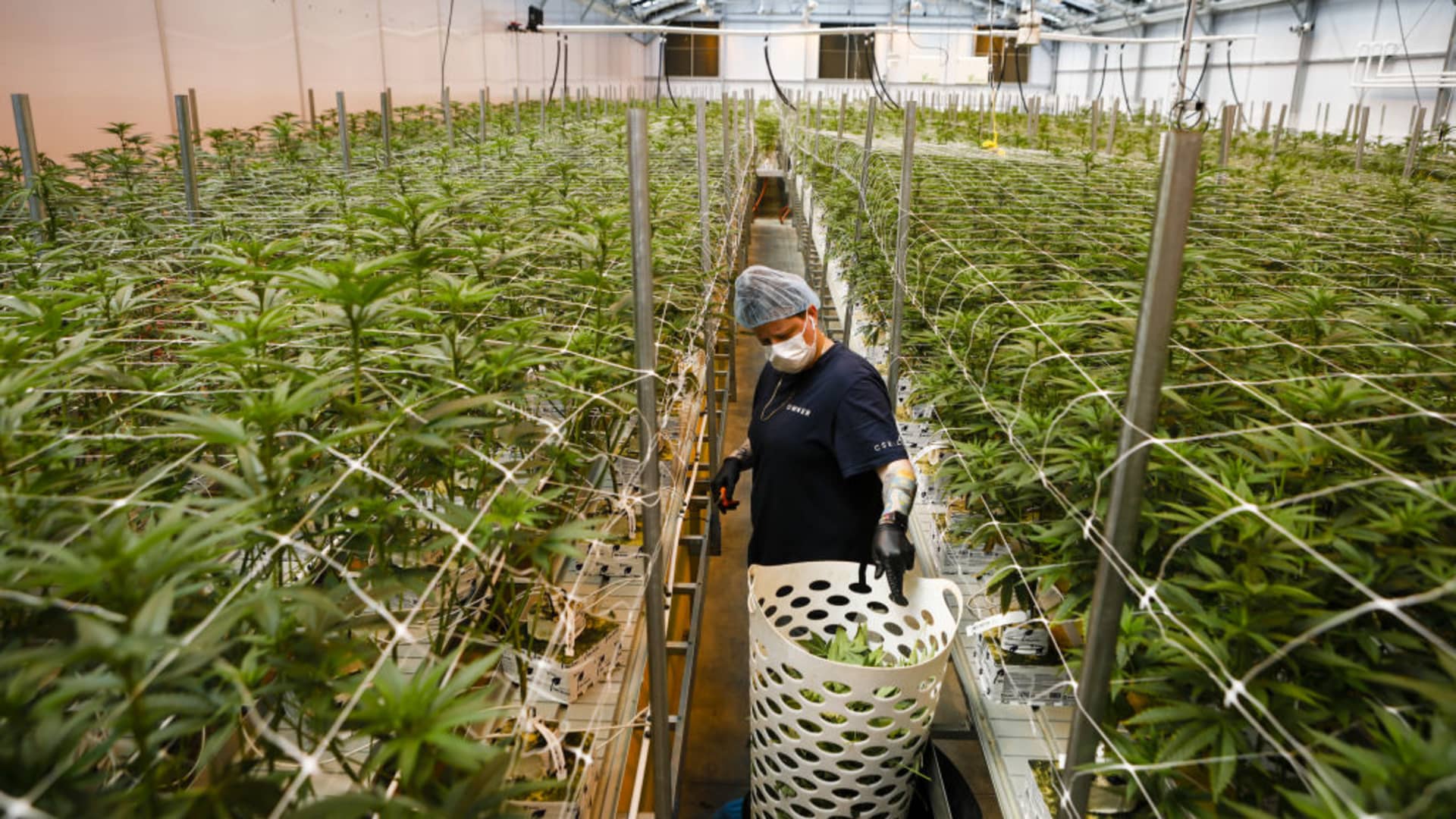A $2 billion mega-deal between cannabis multistate operators Cresco Labs and Columbia Care has gone up in smoke more than a year after the companies announced the acquisition, the companies said Monday.
The merger, announced in March 2022, would have created the largest cannabis company in the U.S. and been a boon for an industry showing signs of slowdown as it weathers economic and regulatory challenges.
“In light of the evolving landscape in the cannabis industry, we believe the decision to terminate the planned transaction is in the long-term interest of Cresco Labs and our shareholders,” Cresco CEO Charles Bachtell said in a statement.
The termination was agreed upon mutually, the companies added, and neither party will pay any related penalties or fees.
The plan for Chicago-based Cresco to buy New York-headquartered Columbia Care in an all-stock transaction began to unravel when the companies failed to divest enough assets necessary for regulatory approvals by a June 30 deadline.
Bachtell said in the press release this is a “tough economic time” for the industry and that Cresco will double down on its core business, including “swift restructuring of low-margin operations.”
Cresco’s market capitalization is about $700 million, down from about $2.7 billion when the deal was announced. Columbia Care has a market cap of about $200 million.
Columbia Care CEO and co-founder Nicholas Vita added that after careful consideration, the decision to remain solo is “the best path forward for Columbia Care’s employees, customers, and shareholders.”
The companies also said Monday they’ve also scrapped a $185 million deal with Sean “Diddy” Combs that would see the hip-hop mogul acquire some divested operations in New York, Massachusetts and Illinois.
The cannabis landscape has been in downturn recently, as sales decline in many legal states and investment money dries up. The industry isn’t seen as the safe bet it once was amid a lack of federal regulation and banking reform that has kept operators from scaling.
The Secure and Fair Enforcement Banking Act, also known as SAFE, is the most crucial of such reforms needed to grow the cannabis industry. The bipartisan legislation would free up banking services for the cannabis industry, which has been kept out of traditional banking and loans due to marijuana’s federal standing as a Schedule I substance, along with heroin and LSD.
Last year, the legislation failed to advance through Congress for the seventh time, despite the industry’s best efforts to galvanize lawmakers behind it. Senate Majority Leader Chuck Schumer, who’s leading the push for SAFE banking in Congress, has signaled it may pass this fall.
